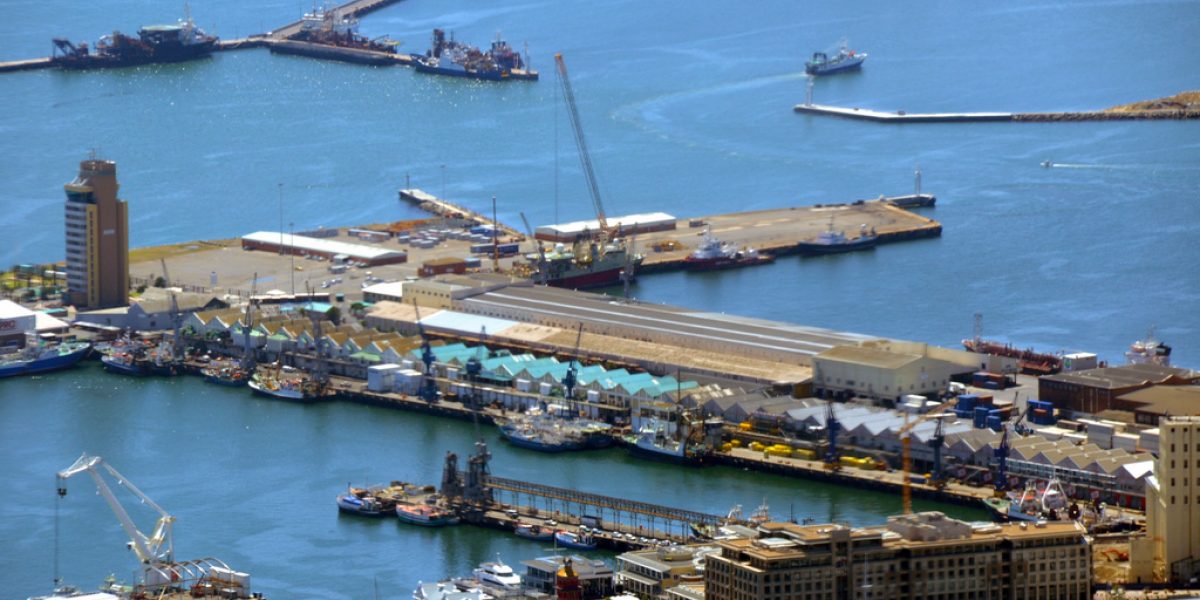But so far, the gateway role of South Africa has not been analysed systematically.
A new SAIIA paper by Peter Draper and Sören Scholvin, The Economic Gateway to Africa? Geography, Strategy and South Africa’s Regional Economic Relations, argues that South Africa’s role as an economic gateway primarily depends upon geography; that is, upon naturally given and man-made structures in geographical space. Based upon these structures, politicians and businessmen have to pursue the right strategies in order to maintain the gateway status.
This paper builds upon recent commentary by SAIIA researcher, Peter Draper, warning that South Africa is in dange of losing its status as a gateway to Africa for investors (see below for links to articles in the print media).
The paper notes that the South African government is waking up to the possibilities of the regional market. This is expressed in Trade Minister Rob Davies promoting the trilateral Free Trade Agreement encompassing the Southern African Development Community, the Common Market for Eastern and Southern Africa, and the East African Community as representing a historic opportunity to integrate markets “from Cape to Cairo”.
However, there seems to be a growing feeling in the international and domestic investor community that South Africa is not getting it right, whereas better opportunities are emerging elsewhere in the subcontinent.
Although the trickle of FDI previously destined for South Africa but now diverted to the likes of Nigeria and Kenya is unlikely to immediately become a flood, if current trends continue, then in 10 years’ time the reality may be very different. What happens to the gateway notion then?








